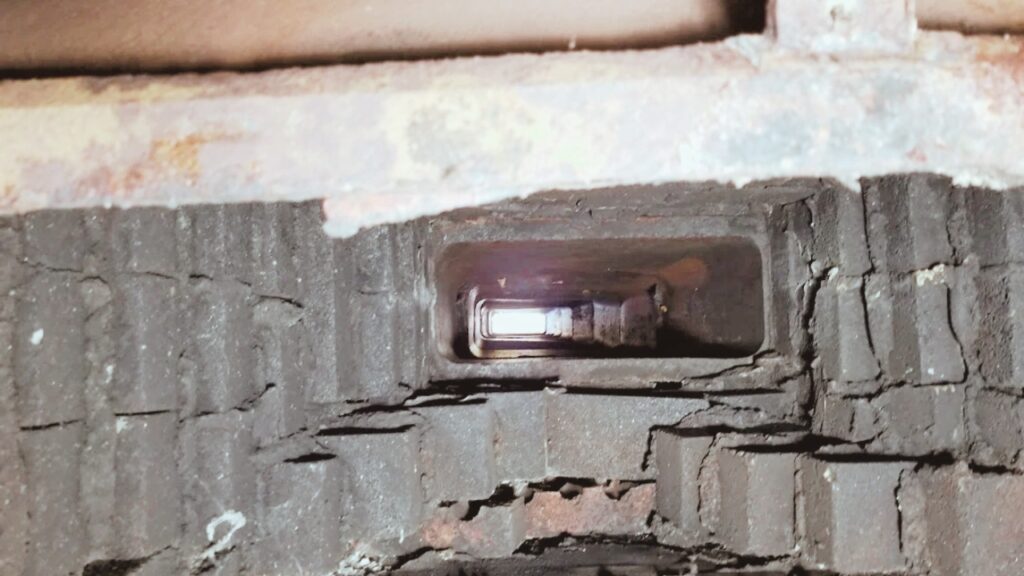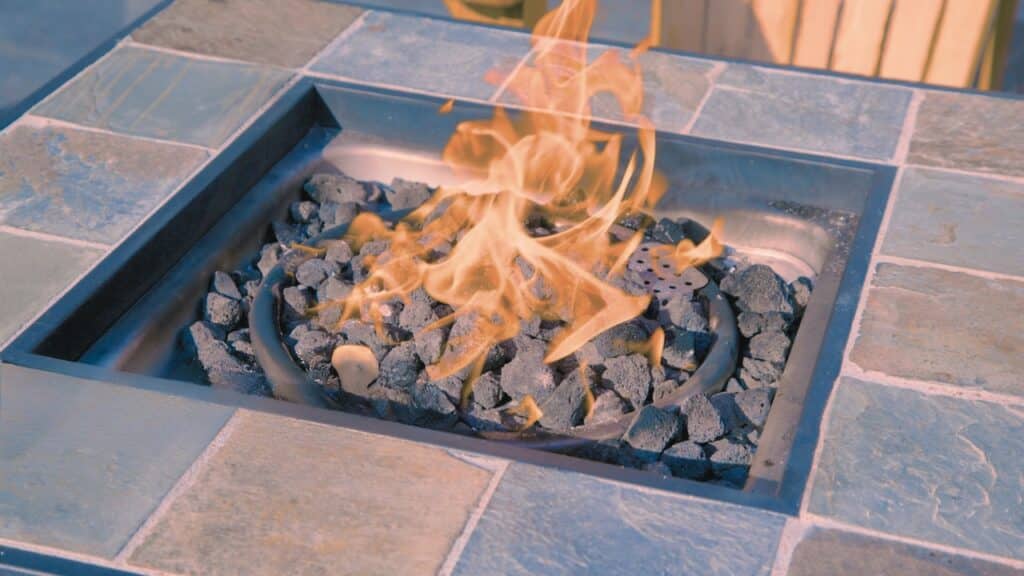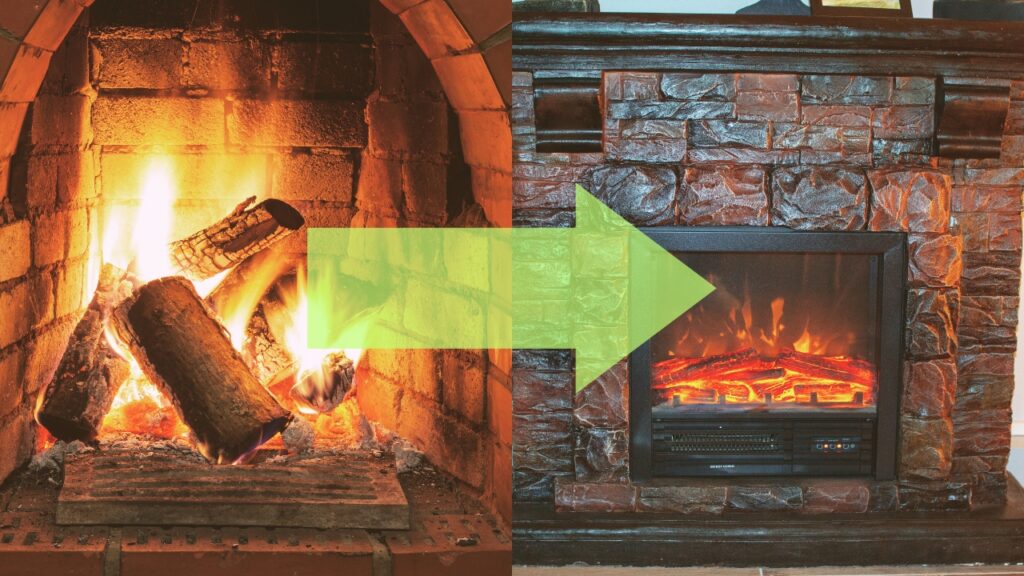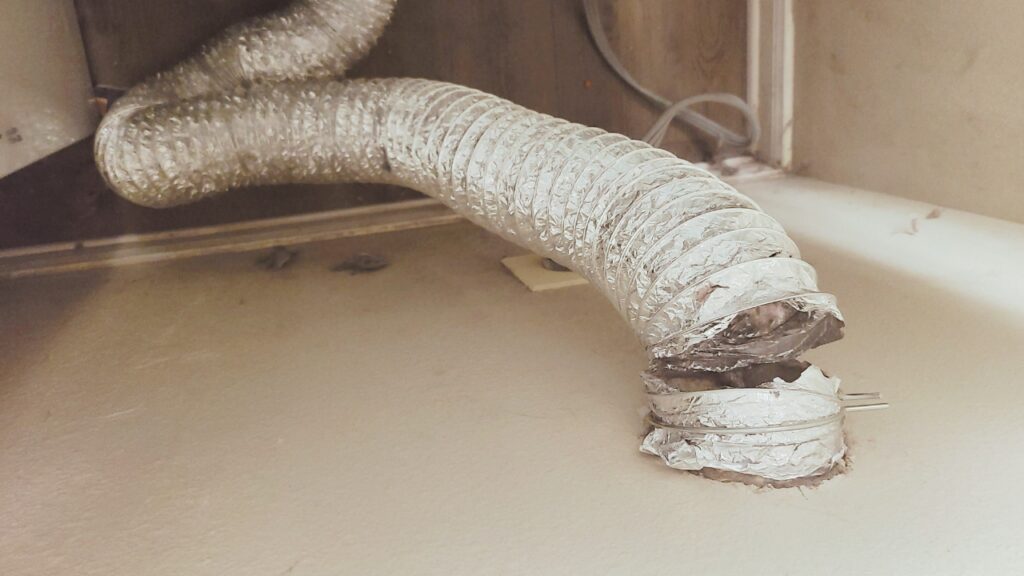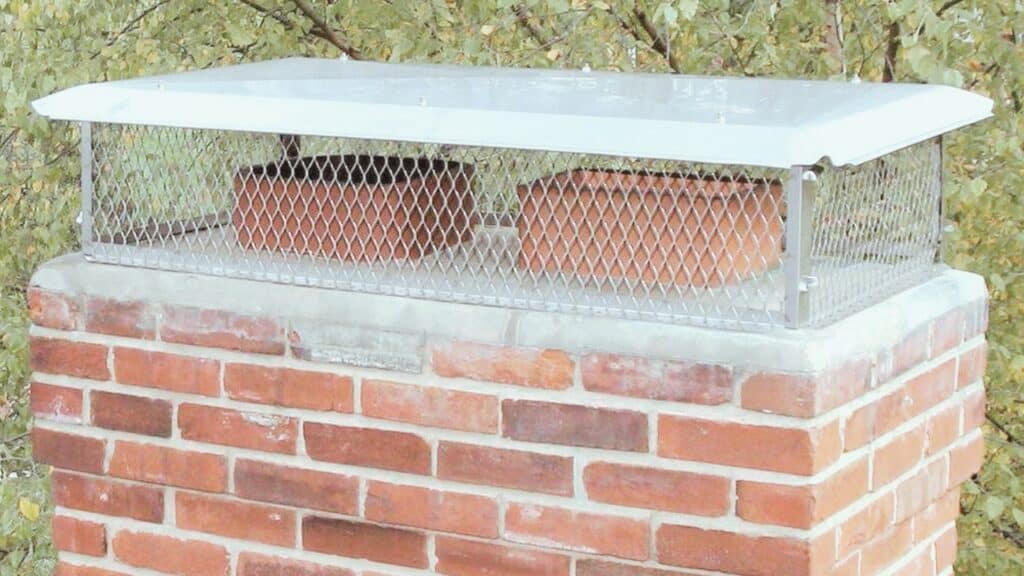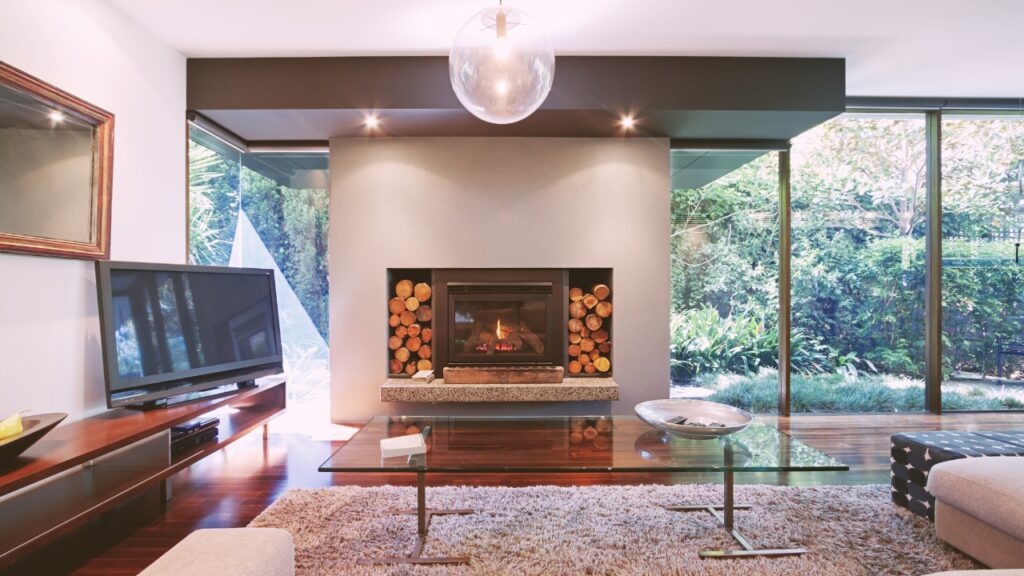When it comes to home value, many homeowners think of features like a new roof or an updated kitchen. But what about your fireplace? Does a working fireplace add value to your home?
Absolutely!
When homebuyers see a beautiful working fireplace in the living room, they recognize the potential ambiance, the quality, and the potential investment for their family.
According to a 2016 Angi Survey, 70% of real estate agents agreed that fireplaces added value to a home. The survey also indicated that 77% of buyers would pay extra for a house with a fireplace. And that makes sense — few things say “home” more clearly than embers glowing on the hearth, creating the cozy atmosphere that makes the home something extra special.
What value does a working fireplace add to your home?
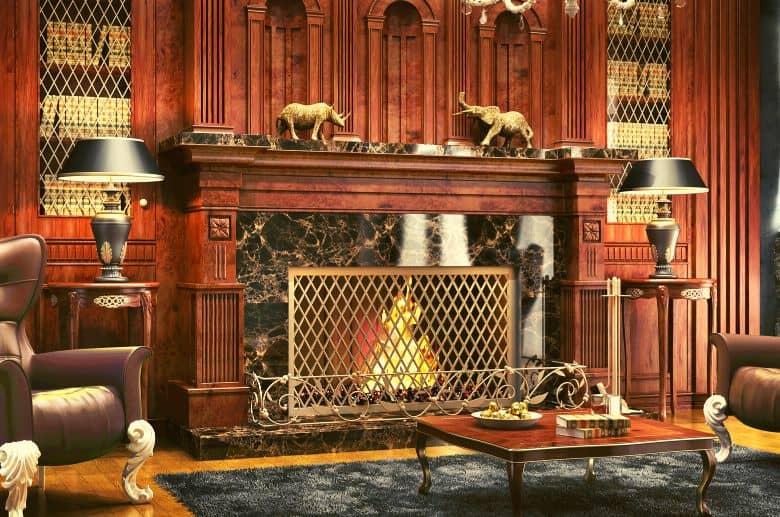
Adding a working fireplace increases the resale value of your home by 6 to 12%, according to the National Association of Real Estate Appraisers.
This means that when homeowners sell their homes, they can recoup 100% of the money they spent building a wood-burning stove or other fireplace.
How does a fireplace affect home value?
Fireplaces have been used in homes for centuries. A well-maintained fireplace ensures that you stay cozy throughout the winter. But in addition to the obvious advantages of heating the living space, many people love fireplaces because of their aesthetic appeal.
For this reason, real estate agents usually include fireplaces in a house’s list of attractive features. Identifying the best fireplace for resale value can significantly impact this premium, as preferences vary among homebuyers.
Statistics show that houses with fireplaces usually sell for 13% more than the national median sale price. However, not everyone wants a wood-burning fireplace. Alternatives include gas-burning fireplaces, pellet-burning fireplaces, and electric fireplaces
How much value does a fireplace add to your home?
The following factors determine the value the fireplace adds to your home:
1. Fireplace type
The type of fireplace in your home influences the value it adds to your home. Let’s take a look at fireplace types and the amount of value you might expect from each.
How much value does a wood-burning fireplace add?
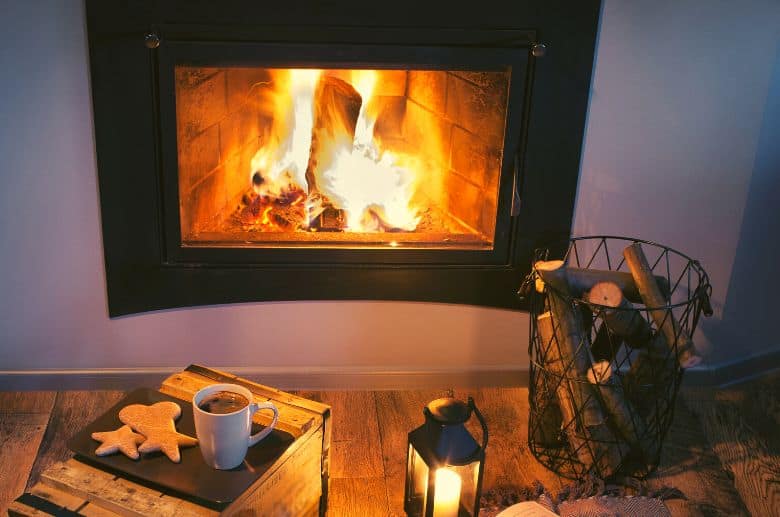
Wood-burning fireplaces are pretty common and can be found in many homes.
Many homeowners love the crackling sound of burning wood and the process of starting and maintaining a fire. It’s an experience that’s absent in other types of heating options, such as gas-burning fireplaces.
With adequate seasoned wood, you will be set to deal with the cold winter months.
However, unlike with gas fireplaces, you cannot avoid byproducts of burning like smoke, ash, and dangerous gases like carbon monoxide.
Luckily, if the chimney flue works properly, smoke and gases escape it easily. Remember, the value of a wood-burning fireplace depends on its condition.
If it doesn’t work properly, it will need repairs, which can cost thousands of dollars, especially if the damage is extensive. If the damage is too severe, the repairs will turn into a project for replacement, which any chimney sweep company will tell you is an expensive proposition.
Your fireplace should be in great condition to provide maximum value for your home. Schedule an annual inspection and cleaning with a reputable chimney sweep to ensure any damages are immediately fixed.
——
Do You Need to Hire Chimney & Fireplace Expert?
Get free quotes from qualified experts near you. No commitment required!
——
How much value does a gas fireplace add?
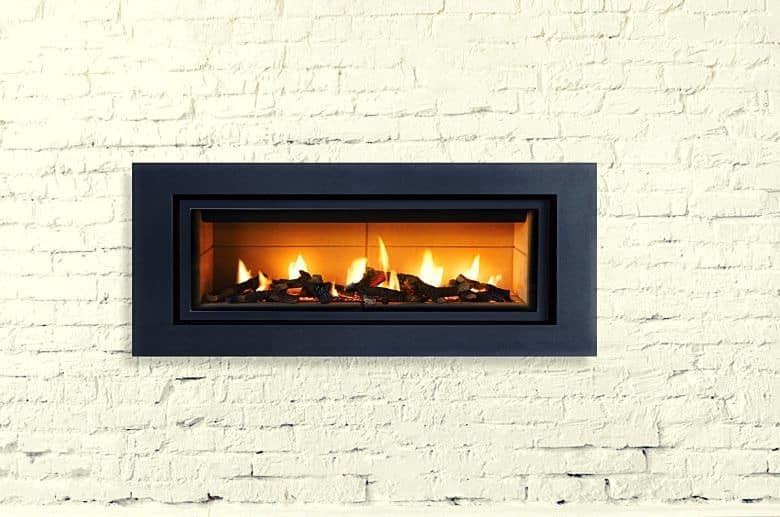
You can go for a gas fireplace if you don’t like a wood-burning fireplace. But is a gas fireplace worth it? Here are some benefits:
- Low maintenance – This is one of the main upsides of a gas fireplace. Unlike a wood-burning fireplace, you will not need to worry about cleaning the fireplace every few days.
- Doesn’t use much energy – Gas-burning fireplaces are more energy-efficient than other fireplaces. You can regulate the amount of gas used, and switching it on and off is as simple as turning a knob. It is also an eco-friendly alternative since burning gas does not produce smoke.
- Looks like a real fireplace – Gas-burning fireplaces have ceramic gas logs that resemble real wood-burning fireplaces. This is an excellent feature for homeowners who want to create the feel and look of a traditional wood-burning fireplace. Choose a mantel and surround made of materials like brick for an even more realistic look. (You can also opt for fireplace inserts. These are metal boxes with log-and-burner sets inside. These inserts fit inside fireplaces and are great for homeowners switching from wood-burning fireplaces.)
- Easy to use – Some homeowners dislike the effort needed to start a fire in a wood-burning fireplace. Lighting a fire can be challenging, especially when a chimney is not working well. With a gas fireplace, you only need to flip a switch. You can also control the amount of energy the gas produces.
How much value does an electric fireplace add?
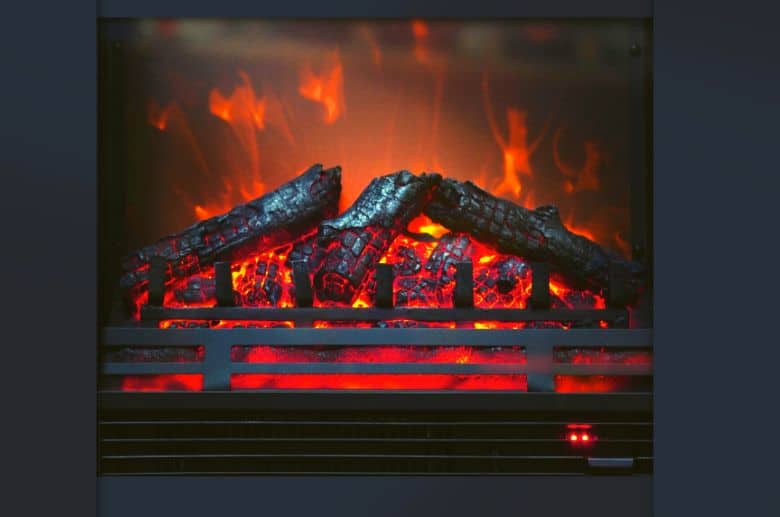
Like gas-burning and wood-burning fireplaces, an electric fireplace adds value to your home. It provides the following advantages:
- Cost-effective option – When installing a wood-burning fireplace, the masonry work and wall construction drive up the costs. For gas fireplaces, you must set up things like gas and venting lines, which can be costly. Electric fireplaces are more affordable as they do not require a lot of work or components for you to start using them. You can either go for linear wall-mounted electric fireplaces or electric fireboxes.
- Easy to install – To install a gas or wood-burning fireplace, you must endure messy construction in your home. Things like the chimney, fireplace, and vent lines typically take a few days to install. The long construction period is non-existent for electric fireplaces.
For instance, if you buy a firebox, all you need to do is connect it to a power outlet, and you’re good to go. It’s also convenient, as you can carry an electric firebox to any room.
As for the wall-mounted electric fireplace, you can install it in more rooms than a wood-burning fireplace. - Convenience – Another major benefit of an electric fireplace is that it doesn’t take up a lot of space. Even if you don’t have a lot of floor space, you can always create some space for an electric firebox. Wall-mounted units also mean you won’t require any floor space at all
How much value does a stone fireplace add?
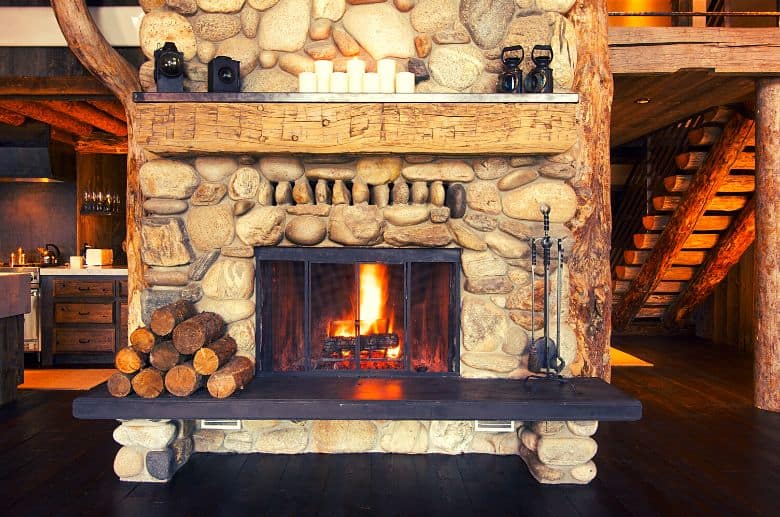
One of the main reasons homeowners choose homes with stone fireplaces is the timeless look of this type of fireplace.
The classic look alone is enough to raise the value of your home. The atmosphere it imparts is second to none.
Natural stones hold onto the heat generated in your fireplace for a long time, providing more warmth and comfort during the chilly winter months.
A stone fireplace offers various customization options. You can choose from multiple colors and patterns to match your interior design. Ensure you use a professional to help you bring out your style.
Stone fireplaces are pretty durable. If the fireplace is installed correctly, it will last for decades and require minimal maintenance.
——
Do You Need to Hire Chimney & Fireplace Expert?
Get free quotes from qualified experts near you. No commitment required!
——
How much value does an outdoor fireplace add?
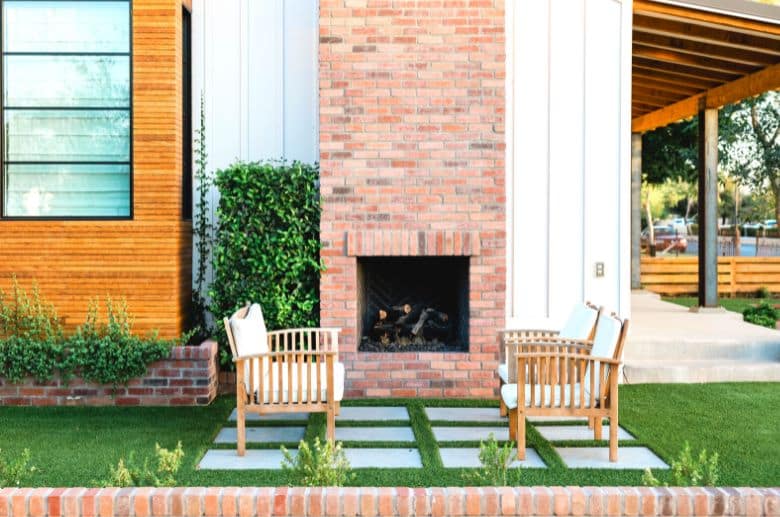
Indoor fireplaces are quite common. But outdoor fireplaces have always existed, and in recent years, there has been an increase in buyers looking for homes with outdoor fireplaces.
During the winter, most people spend most of their time snuggled up indoors.
With an outdoor fireplace, you can spend more time enjoying the warmth of your fireplace and all the benefits your outdoor space offers.
The aesthetic appeal of an outdoor fireplace is unmatched. You can add amenities like a pool, Jacuzzi, or BBQ area to complete the classic look.
Remember, outdoor cooking is easier in homes with an outdoor fireplace, giving you the campsite experience right in your backyard! Also, these fireplaces can make great spots for entertaining your guests.
2. Property Location
Location influences how much value a working fireplace adds to your home.
For instance, mountain lodges usually have large stone fireplaces, as most people looking for lodges during the winter consider them a necessity.
In high-end neighborhoods, buyers typically go for homes with fireplaces. To these buyers, a fireplace is not just great for warming the home during the winter. It is a status symbol and an amenity that increases the resale value of a home.
This is why luxury homes with fireplaces have a higher value than those without.
3. Current real estate market
The current real estate market can impact the resale value of homes with fireplaces.
With more buyers in the market, you could easily sell your home for a higher price as the fireplace will increase its value.
On the other hand, if there are more sellers than buyers in the market, your fireplace probably won’t add much value.
Cost of adding a fireplace
Since fireplaces and chimneys are no longer considered household necessities, buyers have to pay extra to install fireplaces in new homes.
See the table below for the average cost of installing a fireplace in your home:
| Fireplace Type | Average Cost | Fireplace Resale Value |
| Wood-burning fireplace | $1,900 – $7600 | 6%-12% |
| Wood stove fireplace | $1100 – $6500 | 6%-12% |
| Gas-burning fireplace | $2,300 – $9500 | 6%-12% |
| Electric fireplace | $900– $3500 | 6%-12% |
| Masonry fireplace | $3,000 – $6000 | 6%-12% |
Remember, the cost of installing a wood-burning fireplace can go up to $30,000 if you are starting from scratch. That’s an expensive construction project, but depending on the size of your home and your desire to sell in a high-end market, it might be worthwhile.
Conclusion
A fireplace is an important part of your home. It keeps you warm during the winter and adds a touch of elegance to your interior design. A working fireplace no doubt adds value to your home.
FAQ
Below, you’ll find answers to frequently asked questions.
Does a drafty fireplace decrease home value?
A drafty fireplace decreases the value of your home. If the fireplace is drafty, that means there are problems such as damaged masonry or the buildup of debris and creosote in the chimney flue. It means the new owner must pay for a chimney sweep for inspection and repairs.
Does removing a fireplace decrease home value?
Removing a fireplace decreases a home’s value. A fireplace is an amenity in the house that keeps it warm, especially during the winter. Aside from warmth, fireplaces provide an aesthetic appeal that many buyers look for. Removing it means you will attract a smaller number of buyers.

